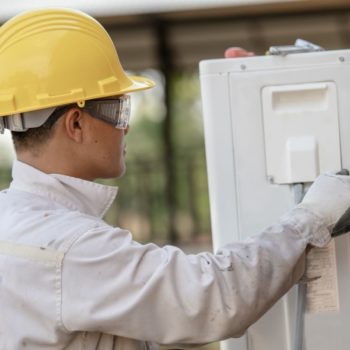With COP26 fast approaching, the UK must clarify how it will manage a fair economic transition to climate safety by 2050 and set out a strategy to finance the net zero transition. The Net Zero Review must include a complete understanding of the costs and the benefits of the transition.
The Net Zero Review, written by Treasury, focuses on answering the question ‘who pays’, considering the up-front costs of the net zero transition. This document should be the definitive guide to the distributional costs of the transition. Additionally, it should be a full assessment of both the costs and the benefits of net zero investment.
This analysis is critical to capture the benefits and minimise the costs; for instance, creating real jobs, warmer homes and cheaper power to level up across the whole of the UK.
The Net Zero Review is expected to have significant gaps. Most critical of these is the failure to articulate the return on investment of net zero. Above all, this failure paints a highly unbalanced view of the economic impact of reaching net zero. Therefore it is insufficient to inform government policy.
The UK’s net zero transition will require capital intensive investment upfront and will spark a changing UK economic landscape as industries transition away from fossil fuels and with the creation of future-fit jobs. However, a managed and strategic approach to financing the transition can minimise the costs and maximise the benefits.
This E3G briefing introduces readers to the Net Zero Review. Next, it outlines the gaps in the Net Zero Review and what value the net zero transition can bring to the UK. Finally, it explores the government action required in order to realise the value from their net zero investment.



